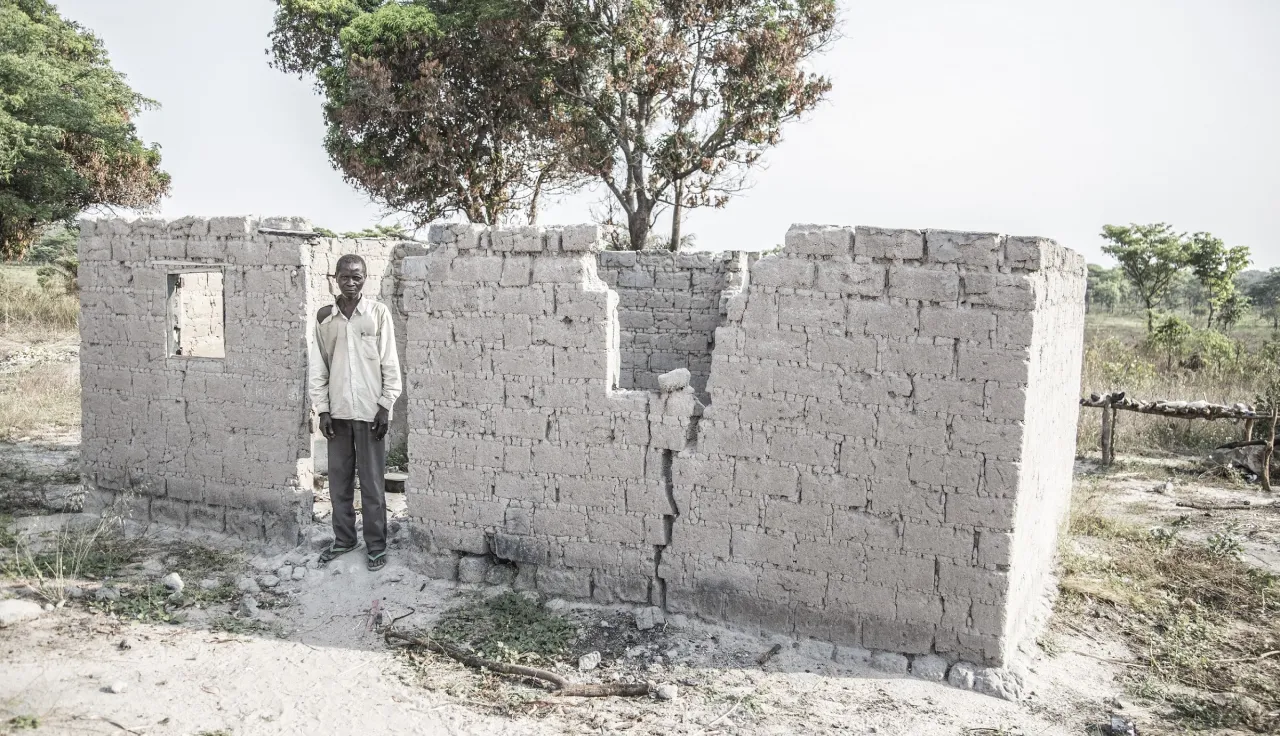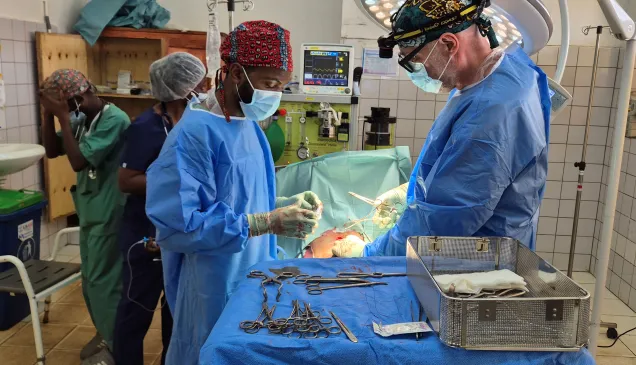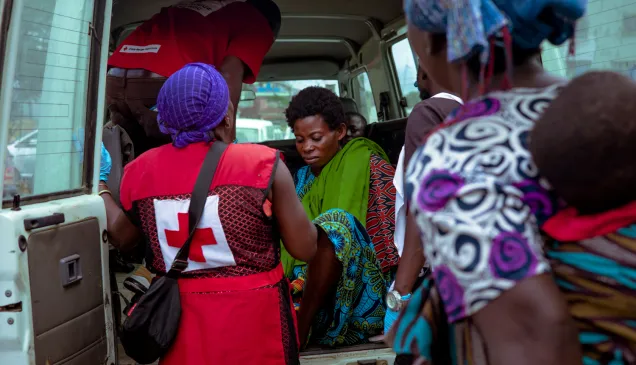A statement from International Committee of the Red Cross President Peter Maurer at the conclusion of a five-day visit to the Democratic Republic of the Congo, during which he met with President Joseph Kabila and spoke with community members at ICRC field activity sites affected by recent violence:
New dynamics of violence in the Democratic Republic of the Congo
Violence in the Democratic Republic of the Congo has affected new regions over the last two years such as in Kasai and Tanganyika. We see here a fragmentation of violence, fragmentation of groups, intercommunal violence, criminality, the control of resources. Taken together they all reflect the complexity of the Congolese situation. Consequently, I can say that our presence here will be needed going forward. More humanitarian services are now required, and we need to let the international community know about the needs here. The visibility of situations in other countries is much higher, but truly the needs are great here. There are upcoming challenges the ICRC must give attention to.
Humanitarian partnerships
Commonly we see humanitarians working as a substitution for what states should do. We have to rethink what we expect from a state that should provide services to a population, whether in DRC or elsewhere. We at the ICRC need to be flexible and agile and interact with key actors willing and able to provide services. The ICRC can contribute alongside local actors to increase our collective impact.
ICRC security challenges
Operational challenges are generally the same everywhere, whether Syria, Afghanistan, Iraq or Somalia. One issue is that belligerents may not give us access, a tactic in the way they wage war. Our humanitarian diplomacy aims to overcome these kinds of obstacles in conflicts worldwide. The security of humanitarian workers is another common thread. Every day we make difficult decisions because we hardly ever work in areas that are totally safe. Each day we have to ask what is more important, our ability to work without risk or to provide humanitarian services.
Emergency vs. long-term response
We see humanitarian work as an investment for the population. We have started to reorient our activities, for example by not overly prolonging food distributions, but increasingly to make use of our budget for productive investments in people, so they can open small businesses or sustain or increase their agricultural work. The current gap between the needs and our ability to respond is huge, and so we are increasingly looking at ways to efficiently amplify humanitarian spending.
Engaging with weapons bearers
Engaging with weapons bearers is a long term project. I see the operational space we have as the result of positive engagement with weapon bearers. Without this engagement we couldn’t do what we do. If you look at the map, we are working in places where few others can go. What is more challenging is gaining behavior change from weapons bearers, to not attack the civilian population. This is a complex issue to measure. But it doesn’t prevent us from being convinced that working on, talking about, insisting on the basic tenets of the Geneva Conventions to change behavior is worthwhile. How do you measure who, as a result of talking about international humanitarian law, a group did not launch an attack? How do you measure restraint? It’s a challenging issue.
For further information, please contact:
Pedram Yazdi, ICRC Kinshasa, tel: +243 81 700 85 36
Annick Bouvier, ICRC Geneva, tel : +41 79 244 64 05
Jean-Yves Clemenzo, ICRC Dakar, tel : +221 78 639 86 29
Crystal Wells, ICRC Nairobi, tel: +254 716 897 265




